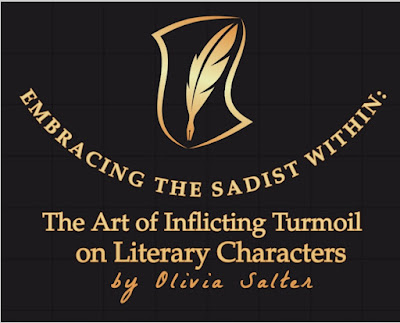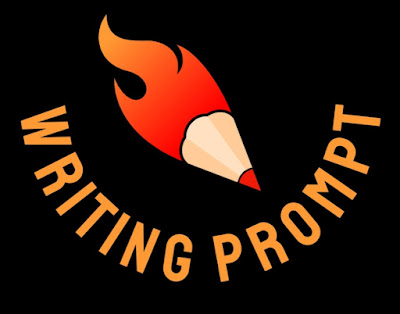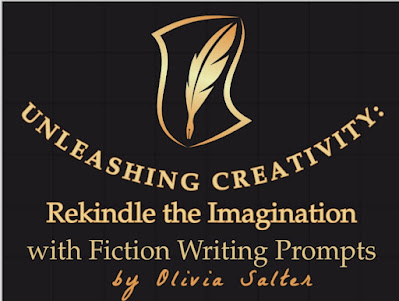Embracing the Sadist Within: The Art of Inflicting Turmoil on Literary Characters
by Olivia Salter
Renowned author Kurt Vonnegut once provocatively stated, "Be a sadist. No matter how sweet and innocent your leading characters are, make awful things happen to them." This quote encapsulates a fascinating aspect of storytelling, where writers intentionally subject their beloved protagonists to adversity and despair. It may seem counterintuitive to torment characters we grow attached to, but the truth is that by doing so, authors can create emotionally gripping narratives that resonate deeply with readers. In this article, we delve into the art of being a sadistic writer, examining the power it holds and the reasons behind its effectiveness.
1. The Appeal of Conflict:
Conflict lies at the heart of engaging storytelling. It is through trials and tribulations that characters evolve, narratives gain momentum, and themes emerge. By deliberately subjecting characters to misery, authors heighten the stakes and create a sense of urgency. A story devoid of struggle might lack the tension necessary to captivate readers. It is within the darkness that the light of triumph can truly shine.
2. Emotional Connection:
The essence of human nature lies in our ability to empathize with and relate to one another. When readers witness characters enduring hardship, it evokes authentic emotional responses within them. They experience empathy, sympathy, and even anguish alongside the protagonists. By exposing characters to adversity, authors invite readers to better understand the complexity of the human experience, forging a powerful bond between literature and its audience.
3. Realism and Authenticity:
Life is seldom smooth sailing, and stories that reflect this reality have the potential to resonate deeply. Inflicting tragedy on characters gives their journeys a sense of realism, authenticity, and relatability. Great works of literature are often remarkable because they tackle the uncomfortable truths of existence. By embracing the sadist within, authors offer readers a robust, unfiltered portrayal of life's complexities.
4. The Cathartic Effect:
While it may sound paradoxical, subjecting characters to awful circumstances can provide readers with a cathartic release. Through vicarious experiences, readers can confront their own fears, traumas, and anxieties in a safe and controlled environment. Witnessing characters navigate through their own challenges can offer solace, reassurance, and a renewed sense of strength. The emotional journey becomes transformative, allowing readers to confront their own vulnerabilities and emerge with newfound resilience.
5. Literary Evolution:
By embracing the art of sadism, authors challenge societal norms and conventions surrounding storytelling. It pushes the boundaries of what is considered acceptable or expected, encouraging readers to question, reflect, and contemplate the nature of their own existence. This creative audacity contributes to the evolution of literature by breaking free from the confines of mundane narratives.
In conclusion, Kurt Vonnegut's provocative statement urges authors to embrace their inner sadist and subject their beloved characters to awful things. It is a call to explore the depths of the human experience and reveal the resilience that lies within us all. By inflicting pain and adversity upon our literary creations, we provide readers with an opportunity to engage on a more profound emotional level. In this eerie dance between writer, character, and reader, we find the true magic of storytelling—a transformative experience that both challenges and enriches our understanding of the world and ourselves.







